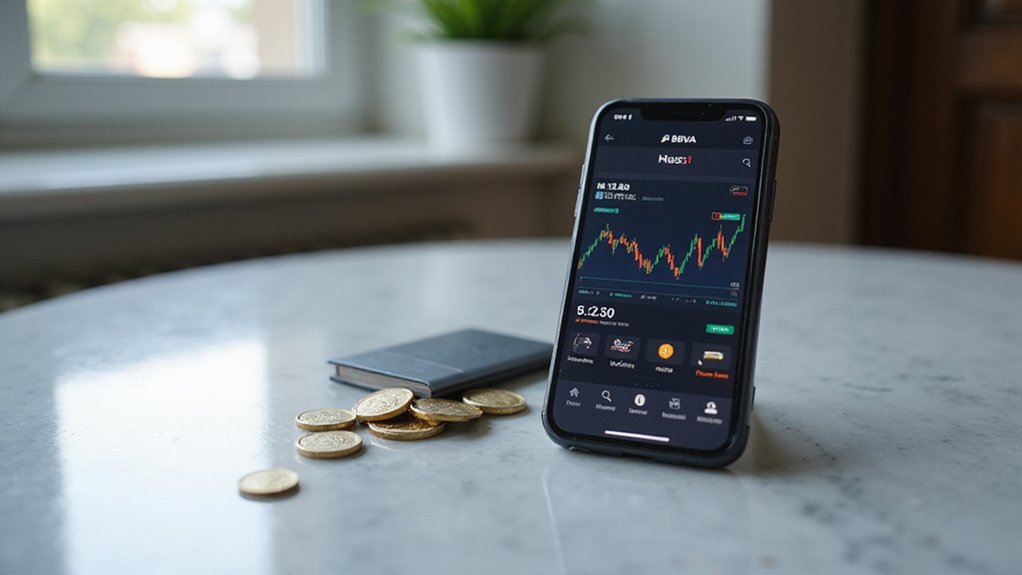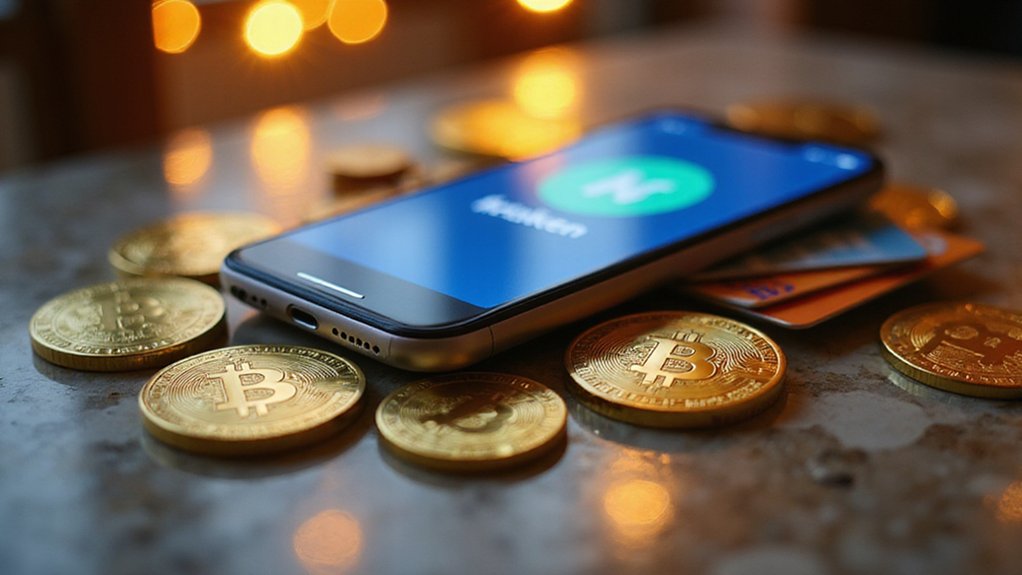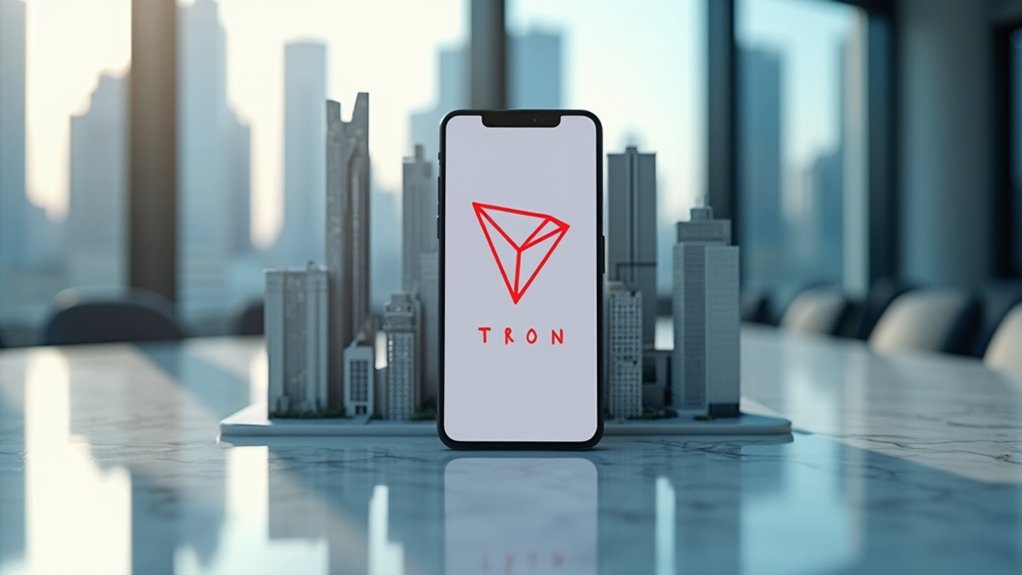BBVA has crossed the Rubicon into cryptocurrency trading, launching an integrated crypto service within its mobile banking app that allows Spanish retail customers to buy, sell, and hold Bitcoin and Ethereum alongside their traditional pesetas—well, euros these days.
BBVA integrates Bitcoin and Ethereum trading directly into its Spanish mobile banking app, marking a historic shift for traditional finance.
The July 2025 rollout positions the Spanish banking giant among Europe’s first major financial institutions to offer native crypto trading to retail users, a move that would have seemed inconceivable just a decade ago when regulators viewed digital assets with the enthusiasm typically reserved for root canals.
The service operates under Spain’s National Securities Market Commission (CNMV) authorization and complies with the EU’s Markets in Crypto-Assets (MiCA) regulation—a framework that standardizes crypto asset service rules across member states while enhancing investor protections.
For BBVA, this regulatory clarity provides the legal foundation necessary to offer crypto trading without the compliance nightmares that previously plagued institutional crypto adoption.
Spanish retail customers can now manage Bitcoin and Ethereum holdings directly within BBVA’s mobile platform, accessing crypto custody services that eliminate reliance on third-party exchanges or custodians.
The integration allows users to view cryptocurrency investments alongside traditional accounts and portfolios, creating a unified financial management experience that banking executives have long promised but rarely delivered with such seamless execution.
BBVA’s strategic approach emphasizes accessibility over complexity, targeting everyday retail users rather than institutional investors or crypto sophisticates.
The bank provides no investment advice—a prudent decision given cryptocurrency’s notorious volatility—instead allowing customers to initiate trades independently through the app’s interface. Unlike traditional stock markets, cryptocurrency markets operate continuously around the clock, providing users with constant trading opportunities.
This Spanish launch follows BBVA’s earlier crypto ventures in Switzerland (2021) and Türkiye (2023), suggesting a measured expansion strategy that tests regulatory environments before broader European deployment. The bank’s Swiss operations already offer additional cryptoassets like USDC alongside bitcoin and ether, indicating potential for expanded asset offerings in Spain.
The gradual rollout methodology, beginning with a small user group before expanding nationwide, reflects institutional caution tempered by competitive necessity.
The initiative aligns with BBVA’s digital transformation strategy, emphasizing security, efficiency, and regulatory adherence as foundational elements. BBVA brings over a decade of blockchain technology experience to the service, having developed its expertise in distributed ledger systems and digital asset infrastructure since the early 2010s.









